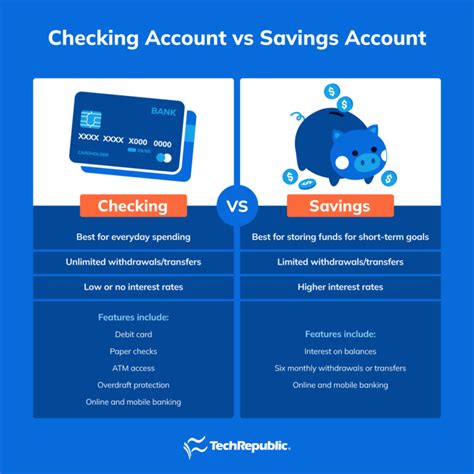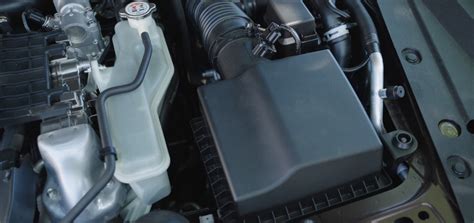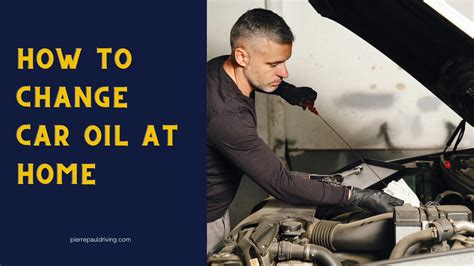Unlock Better Fuel Economy with Simple DIY Maintenance
In an era of fluctuating fuel prices, every mile per gallon (MPG) counts. While professional mechanics offer invaluable services, there are several straightforward DIY maintenance tasks that can dramatically improve your vehicle’s fuel efficiency, extend its lifespan, and save you a significant amount of money in the long run. By taking a proactive approach to your car’s upkeep, you not only reduce your carbon footprint but also gain a deeper understanding of your vehicle.
The Power of Proper Tire Pressure
Perhaps the simplest yet most overlooked maintenance task, maintaining correct tire pressure is fundamental to fuel economy. Underinflated tires increase rolling resistance, forcing your engine to work harder and consume more fuel. Regular checks can save you money and enhance safety.
- How to check: Consult your car’s manual or the sticker inside your driver’s side door jamb for the recommended PSI (pounds per square inch). Use a reliable tire gauge when tires are cold (before driving).
- Benefits: Reduces fuel consumption by up to 3% (according to the U.S. Department of Energy), prolongs tire life, and improves handling.

A Breath of Fresh Air: The Engine Air Filter
Your engine needs clean air to burn fuel efficiently. A clogged, dirty air filter restricts airflow to the engine, forcing it to work harder and consume more fuel. Replacing it is an easy and inexpensive task.
- When to replace: Typically every 15,000 to 30,000 miles, or more frequently if you drive in dusty conditions. Check your owner’s manual.
- How to do it: Locate the air filter housing (usually a large black box on top of or to the side of the engine), open it, remove the old filter, and drop in a new one.
- Benefits: Improves acceleration, boosts MPG by up to 10% on older vehicles, and extends engine life.

Sparking Efficiency: Replacing Spark Plugs
Spark plugs ignite the air-fuel mixture in your engine’s cylinders. Worn-out or fouled spark plugs can lead to misfires, poor combustion, reduced power, and, critically, lower fuel efficiency. While a bit more involved than changing an air filter, it’s a manageable DIY task for many.
- When to replace: Standard plugs every 30,000 miles; platinum/iridium plugs can last 60,000-100,000 miles.
- Benefits: Ensures complete combustion, restores lost power, and significantly improves fuel economy.

Smooth Sailing: Regular Oil Changes
Engine oil lubricates moving parts, reduces friction, and helps cool the engine. Old, dirty oil becomes less effective, increasing friction and making your engine work harder, which in turn consumes more fuel. Regular oil changes are vital.
- When to replace: Follow your manufacturer’s recommendations; typically every 3,000-10,000 miles depending on oil type (conventional vs. synthetic) and driving conditions.
- Benefits: Reduces engine wear, improves fuel efficiency, and enhances overall engine performance.

Clean Fuel, Better Miles: The Fuel Filter
Your fuel filter prevents contaminants from reaching your engine’s fuel injectors and combustion chamber. A clogged fuel filter restricts fuel flow, forcing the fuel pump to work overtime and potentially starving the engine, leading to reduced power and poor fuel economy.
- When to replace: Often overlooked, it’s recommended every 20,000-60,000 miles, but check your owner’s manual.
- Benefits: Ensures a steady, clean fuel supply, protects injectors, and maintains optimal engine performance and fuel efficiency.

Beyond Maintenance: Driving Habits Matter
While DIY maintenance is crucial, remember that your driving habits also play a significant role in fuel economy. Avoiding aggressive acceleration, excessive idling, and speeding can amplify the benefits of your maintenance efforts. Combining smart driving with diligent DIY upkeep creates a powerful synergy for maximizing your MPG and keeping more money in your pocket.
Conclusion
Taking a hands-on approach to your car’s maintenance is empowering. By regularly checking tire pressure, replacing air and fuel filters, maintaining spark plugs, and performing timely oil changes, you’re not just saving on repair costs; you’re actively boosting your vehicle’s fuel efficiency. These simple, accessible tasks contribute to a healthier car, a healthier wallet, and a more environmentally friendly commute. Start small, learn as you go, and enjoy the significant returns on your DIY investment.




